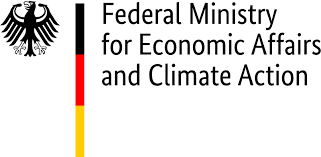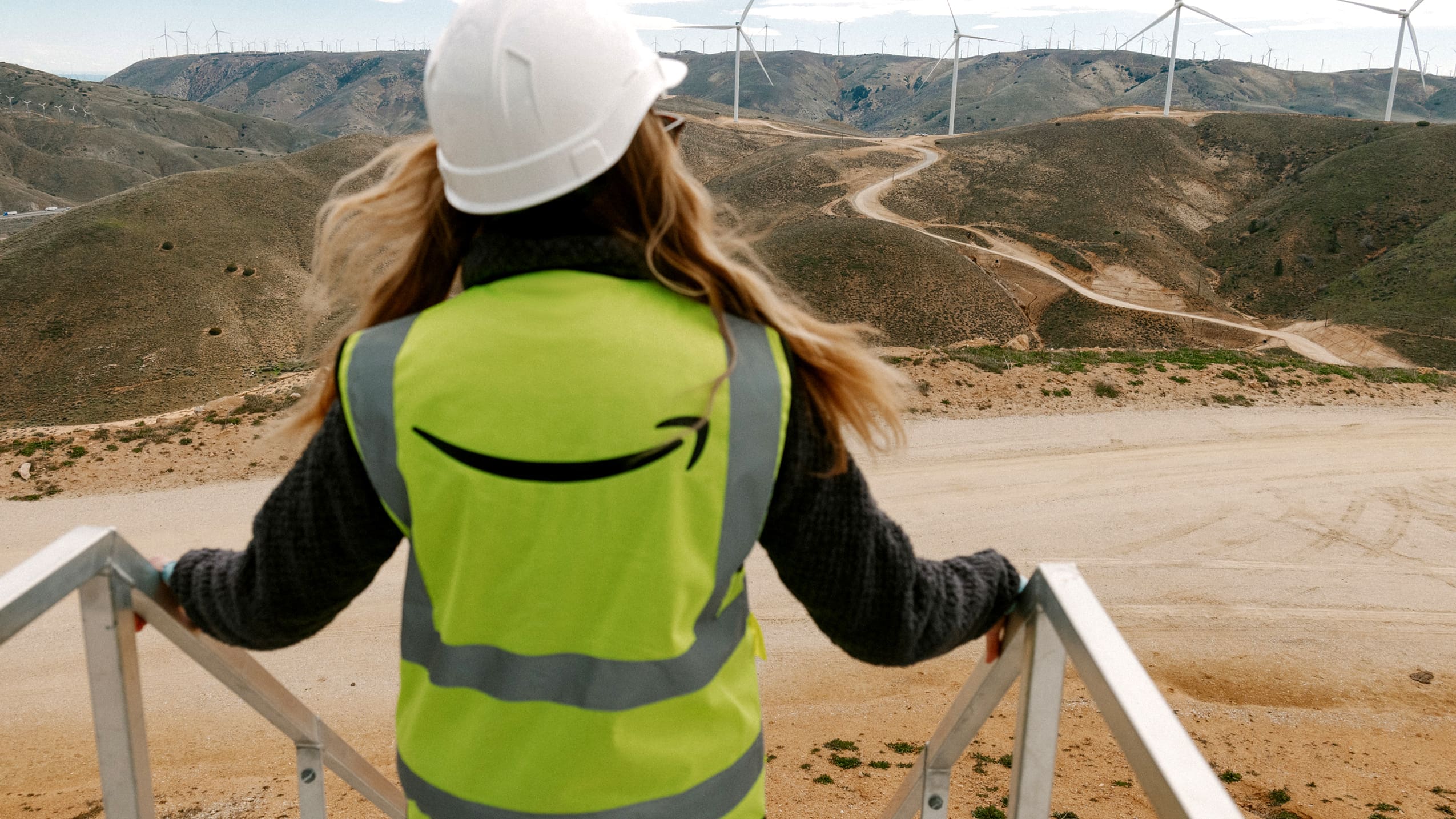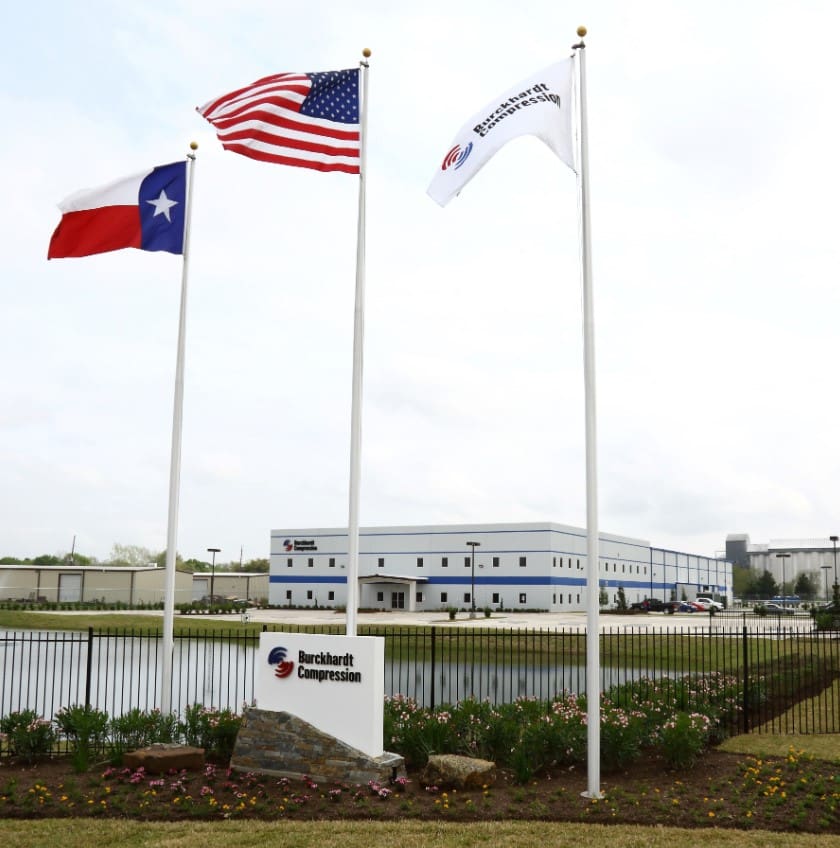German promotional bank KfW (on behalf of the German Federal Government), Gasunie (100% owned by the Dutch state), and RWE signed a memorandum of understanding (MoU) on a joint project to build a terminal for the import of liquefied natural gas (LNG) at Brunsbüttel. The KfW will acquire 50% of the shares in the LNG terminal for the German federal government. Gasunie will operate the facility. The announcement comes a week after Germany’s decision to build two LNG import terminals in its efforts to pivot away from pipelines toward LNG terminals.
The terminal will have an annual regasification capacity of 282 Bscf (8 billion m3) and provide a possibility to import gas directly to the German market from regions which cannot be reached by gas pipelines. In this way, the project will improve Germany’s energy security and help north-western Europe to become less dependent on imports of gas through pipelines. The partners in the project are working to realize the venture as quickly as possible whilst complying with all the rules governing authorizations and state aid.
Going forward, the intention will be to refit the terminal so that it can process green hydrogen derivatives like ammonia.
“It is absolutely clear that we need to make our energy supply climate-neutral, to rigorously cut our gas consumption, and to press ahead with the expansion of renewables and the production of hydrogen,” said German Minister Robert Habeck. “But we will need gas during the transition. Here, we need to reduce our dependence on imports from Russia as quickly as possible; Russia’s war of aggression against Ukraine is now making this imperative. An LNG terminal in Brunsbüttel will increase the possibilities to import gas to Germany. LNG terminals could be described as an extra bypass for this. They help us to boost energy security in Germany and Europe. At the same time, our plans are factoring in the switch to green hydrogen and its derivatives from the very outset of the project. This also goes for the construction of hydrogen infrastructure. In this way, we are setting the course for climate neutrality and shaping the transition.”
“Gasunie, the Dutch state-owned enterprise, is making an important contribution toward Europe’s gas security by building an LNG terminal in Brunsbüttel,” said Sigrid Kaag, finance minister of the Netherlands. “This is a good step toward reducing dependence on imports of gas from Russia.”
Accelerating Renewable Energy Investments
In addition to the construction of LNG import terminals, Germany is accelerating its shift away from fossil fuels toward renewable energy. In early March, Germany’s Economy Ministry announced its intention to speed up the passage of its Renewable Energy Source Act so that it can come into force in early July 2022. The act would extend solar subsidies and tax credits while boosting onshore wind energy volumes to bring Germany closer to renewable energy dependence.
Germany also updated its carbon neutral goals. It now expects renewable energy to account for 80% of its electricity needs by 2030 and 100% by 2035 compared to a previous goal of 2040.

















